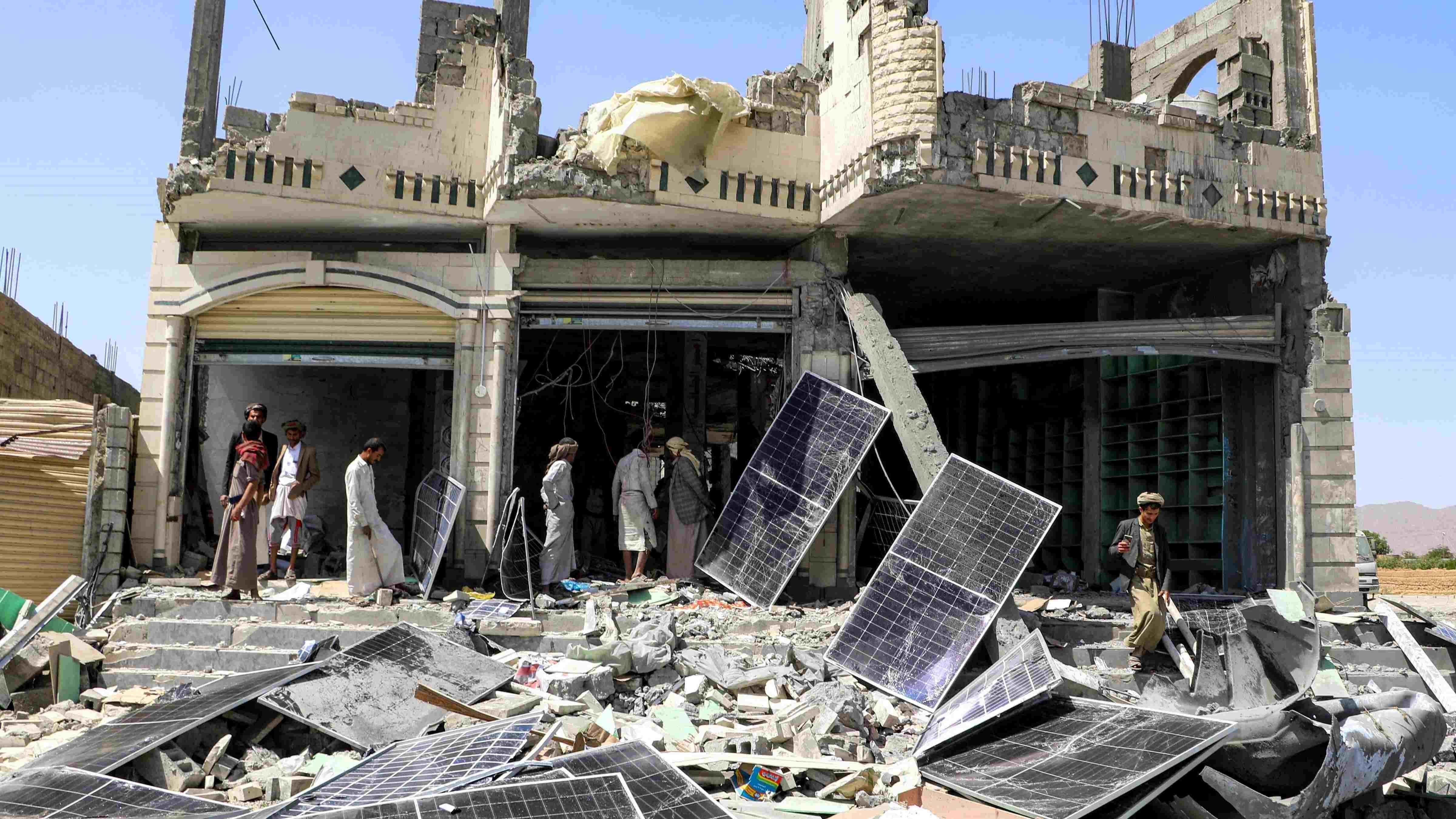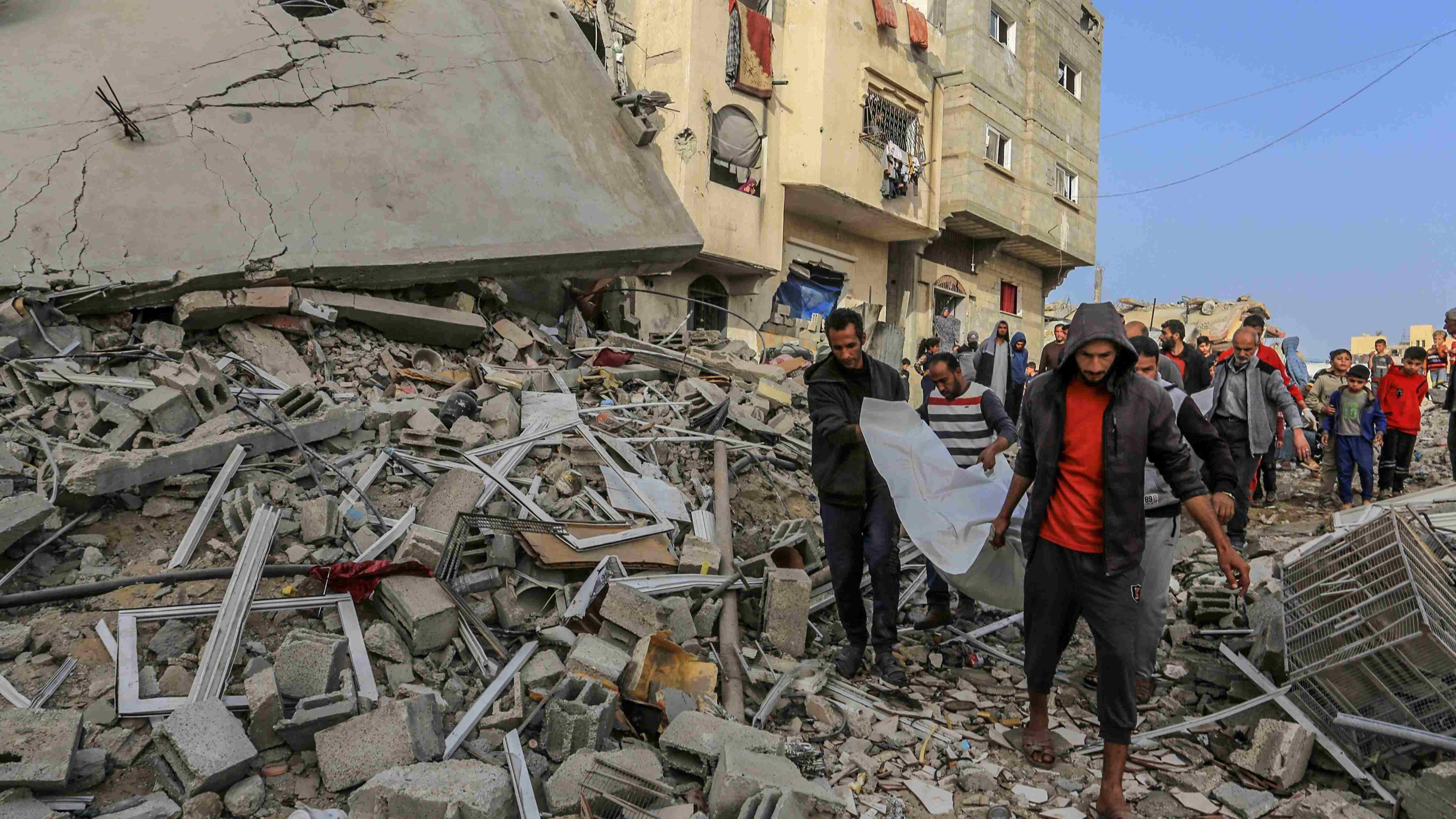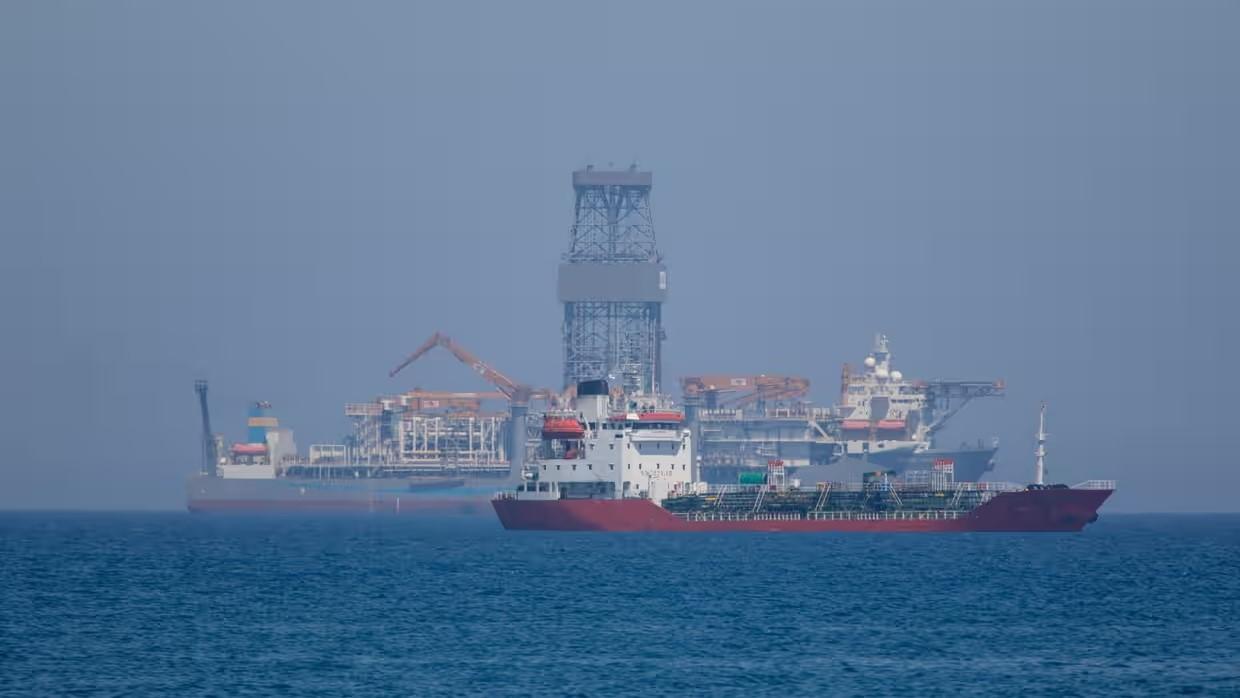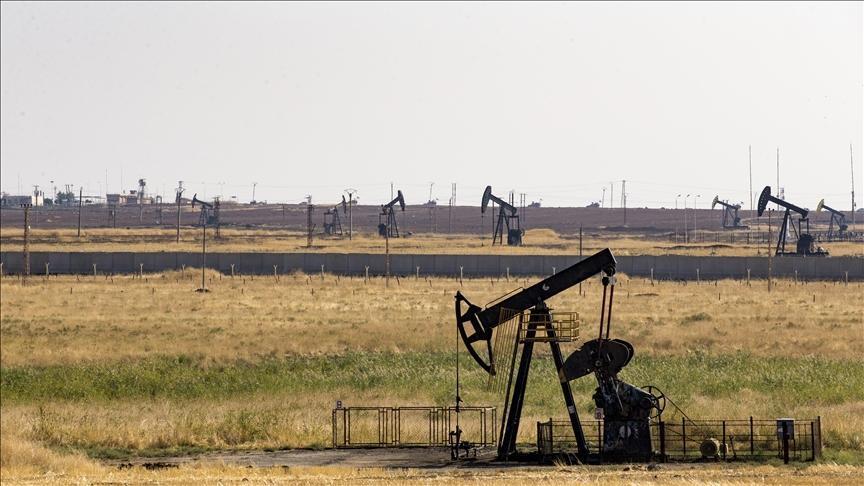Crucial days in Cyprus
With the question “When will they collapse this time?” occupying minds, the Cyprus negotiations left behind yet another crisis and resumed on April 11. In Turkey, meanwhile, only five days were left before a crucial vote that may be of existential importance for the future of the country.
I recently hosted a guest from Northern Cyprus. He has been very close to the negotiating team of President Mustafa Akıncı. Cypriots are not like mainland Turks, at least in terms of their understanding of democracy. In Cyprus there has never been a requirement to succumb to someone else’s position in order to become friends.
I asked my friend whether he thinks the talks this time might carry Cyprus to a resolution. My friend was skeptical.
“The atmosphere of confidence has vanished. The good chemistry between [Mustafa] Akıncı and [Greek Cypriot President Nikos] Anastasiades, which had helped talks reach a very promising stage, is no longer there. There is immense pressure on the two sides for the resumption of talks so they have moved around the problem issues as if they have been solved, and they will present a picture tomorrow [April 11] as if the talks have resumed with optimism,” he said.
“For the Greek Cypriot side, for Anastasiades, what is most important is to reach the February presidential election without a settlement but with the talks continuing. He is apparently planning to tell people that talks are in progress toward a settlement, that he has run out of time, and that he needs another term in office to deliver a resolution. Only if talks are continuing could he have a chance of reelection.”
In 2004, the same tactic did not help Glafkos Clerides and the people ended up voting for the fascist Tassos Papadopoulos, who days after becoming president advised people in tears in a live-broadcast appeal to vote “No” in the April 24, 2004 referendum on the U.N.-sponsored peace plan.
“Anastasiades has no other option. He has to win the hearts and minds of pro-settlement Greek Cypriots if he wanted a reelection,” my friend told me, ignoring my objection that most pro-settlement Greeks are supporters of the communist AKEL. It might be difficult - if not impossible - for a center-right leader (with a terrorist EOKA background) to get the support of communists. Did EOKA not murder more communist Greeks than Turkish Cypriots?
The recent 1950 “enosis” (union with Greece) plebiscite commemoration at schools was averted due to the ruling that Anastasiades’ Democratic Rally Party received from AKEL. Would AKEL now support Anastasiades in a presidential election? There are already rumors that the Church of Cyprus has been working to make George Lillikas - a former AKEL deputy who served as commerce minister and later as foreign minister in the Papadopoulos cabinet – stand as an independent candidate supported by a coalition of parties led by AKEL in the February vote. Lillikas tried to achieve the same alliance in the 2013 election but failed.
Akıncı has been demanding that Anastasiades concentrates on the talks and avoids being held hostage of the election campaign. That is why Akıncı has been stressing that if there is to be a Cyprus settlement the April-May period might be the last chance as a natural deadline.
The Cyprus talks table may also be trying to ignore the April 16 constitutional amendment referendum in Turkey and the probable impact of either a “Yes” or “No” victory. Similarly, the hydrocarbon greed of the Greek Cypriot side – which has been progressing with total ignorance of the partnership rights of the Turkish Cypriots – may also be being ignored at the negotiations table.
But if the regulation on the “enosis” plebiscite commemoration at schools created such a storm - for being incompatible with the federation talks and detrimental for mutual trust – how will the hydrocarbon issue and the “all mine” greed of the Greek Cypriot side be prevented from having an impact on the talks?
Similarly, regardless of whether there is a “yes” or “no” victory in this Sunday’s referendum in Turkey, the vote will have an impact on Turkey’s approach to all aspects of the Cyprus talks, particularly on the guarantees issue, the question of mainland settlers, and the continued presence of Turkish troops on the island.
We are passing through very difficult days indeed.











